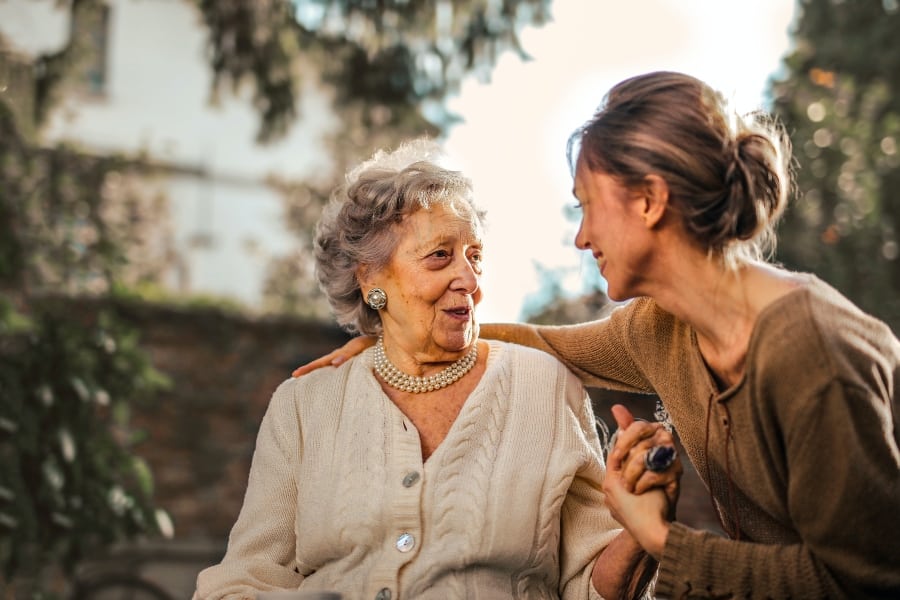Imperial College London mindfulness study for people with early dementia and caregivers
A research team at Imperial College London has developed mindfulness activities on Alexa and is now looking for individuals with early stage dementia and their caregivers to participate in a feasibility study.
The team, led by Cassandra Seah, a PhD student, is looking for people with early stage dementia and their carers who may be interested in learning mindfulness practices, taking this programme as an opportunity to integrate mindfulness in their lives, while earning some vouchers.
Ten pairs of participants (person with early stage dementia and their caregiver) are required to participate. An occupational therapist would do a virtual cognitive assessment to determine early stage dementia.
A feasibility study is a detailed analysis that considers all of the critical aspects of a proposed project in order to determine the likelihood of it succeeding.
The feasibility study has few requirements, which mainly involves doing a 10 minute mindfulness activity daily, as a pair, before answering a few questions. There will also be assessments and interviews before and after the study to help understand user preferences and the effects of the activities on their stress, worries, sense of control, and relatedness with each other.
An informal caregiver is defined as an unpaid individual who has a significant personal relationship with the person with whom he/she is living and who assists that person with the activities of daily living.
To decide who makes suitable candidates, inclusion and exclusion criteria for both the caregiver and person with early stage dementia as follows:
Caregiver inclusion criteria: must be 18 years or older; be the primary caregiver of an individual with a dementia diagnosis (early stage of any type); have provided care for at least three months before recruitment; must know how to use Alexa or equivalent; communicates in English; has Wi-fi connection at home and knows how to use digital conferencing tool Microsoft Teams (for participants taking part virtually).
Caregiver exclusion criteria: has hearing difficulties or already practices mindfulness regularly.
Person with dementia inclusion criteria: must be 18 years or older; have dementia (early stage of any type); are able to consent for themselves; must be able to know how to use Alexa or equivalent; communicates in English; has Wi-fi connection at home and must be able to know how to use digital conferencing tool Microsoft Teams (for participants taking part virtually).
Person with dementia exclusion criteria: has hallucinations; has hearing difficulties or already practices mindfulness regularly.
The Imperial College will provide £80 of Marks and Spencer vouchers (UK) for each pair who takes part.
Recently, the Longitude Prize on Dementia announced a series of virtual hackathons open to innovators hoping to win its £1m first prize, which is being funded by Alzheimer’s Society and Innovate UK.



